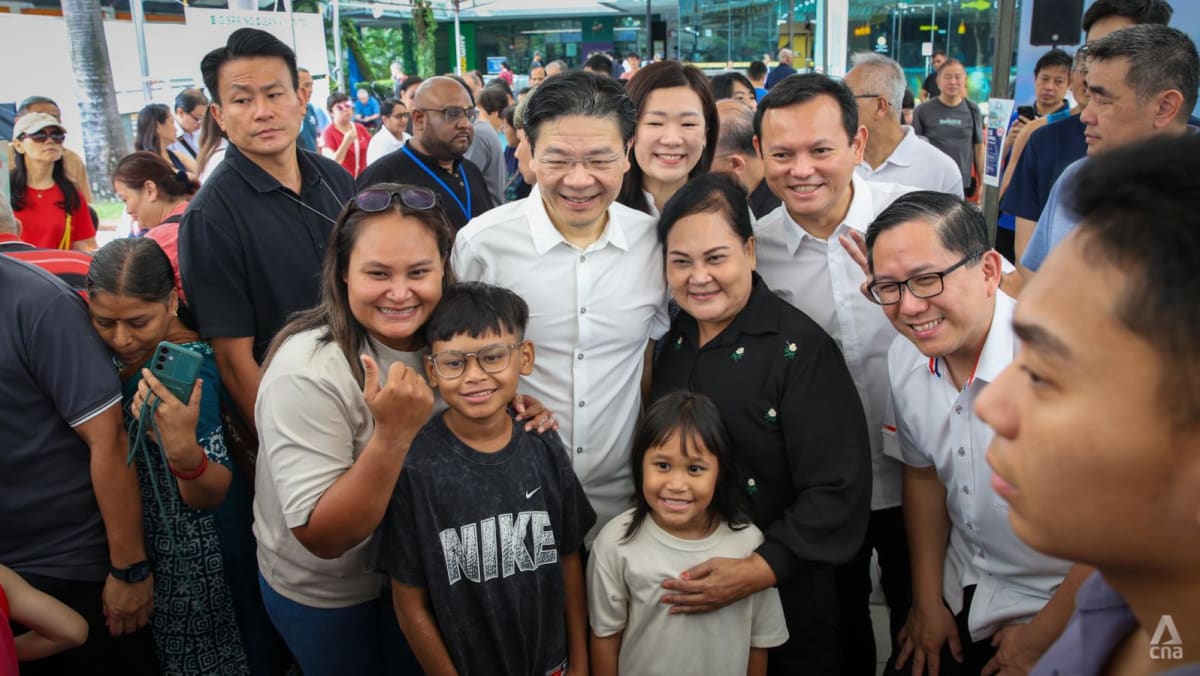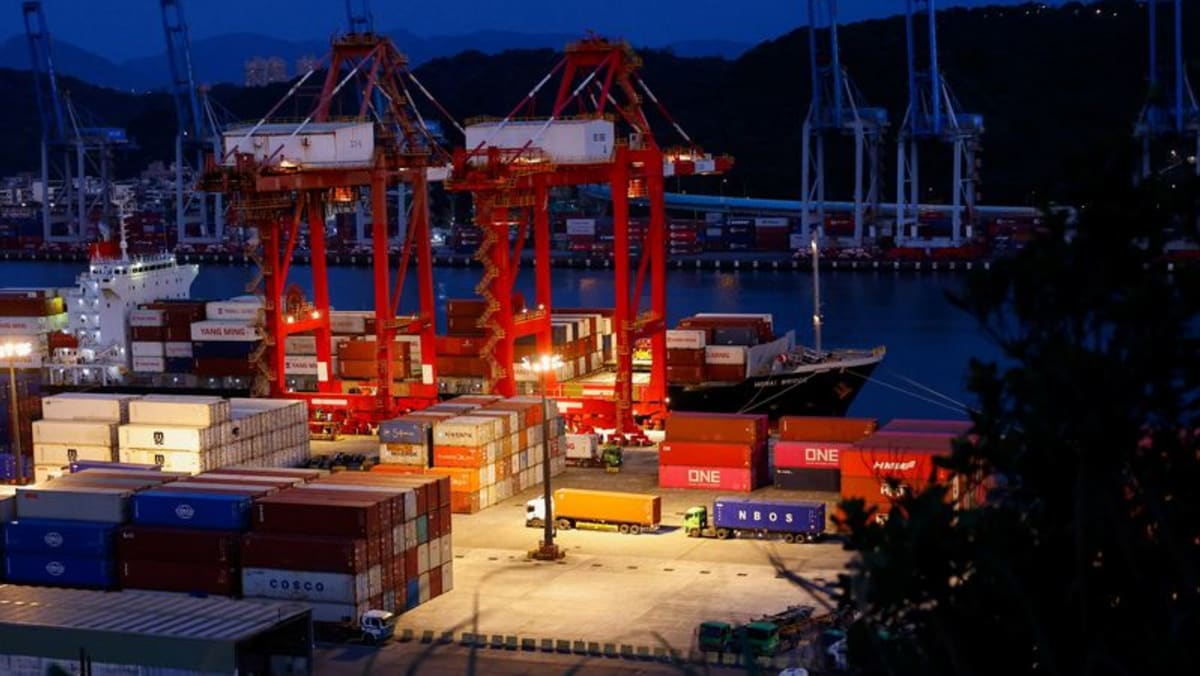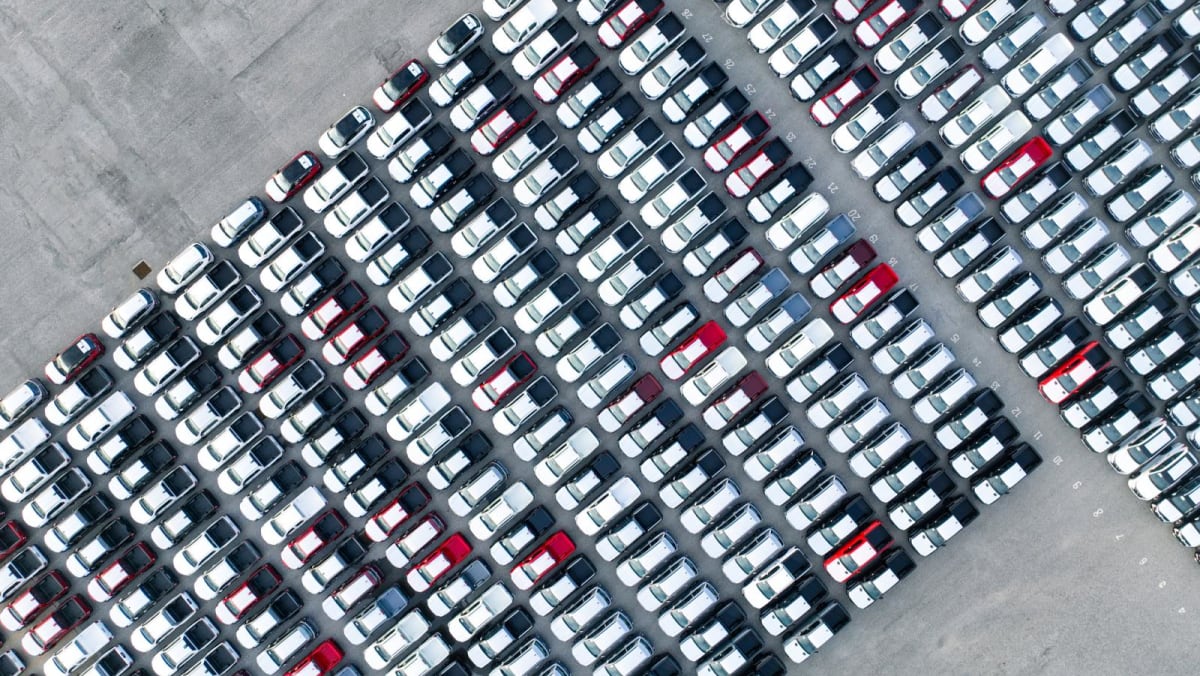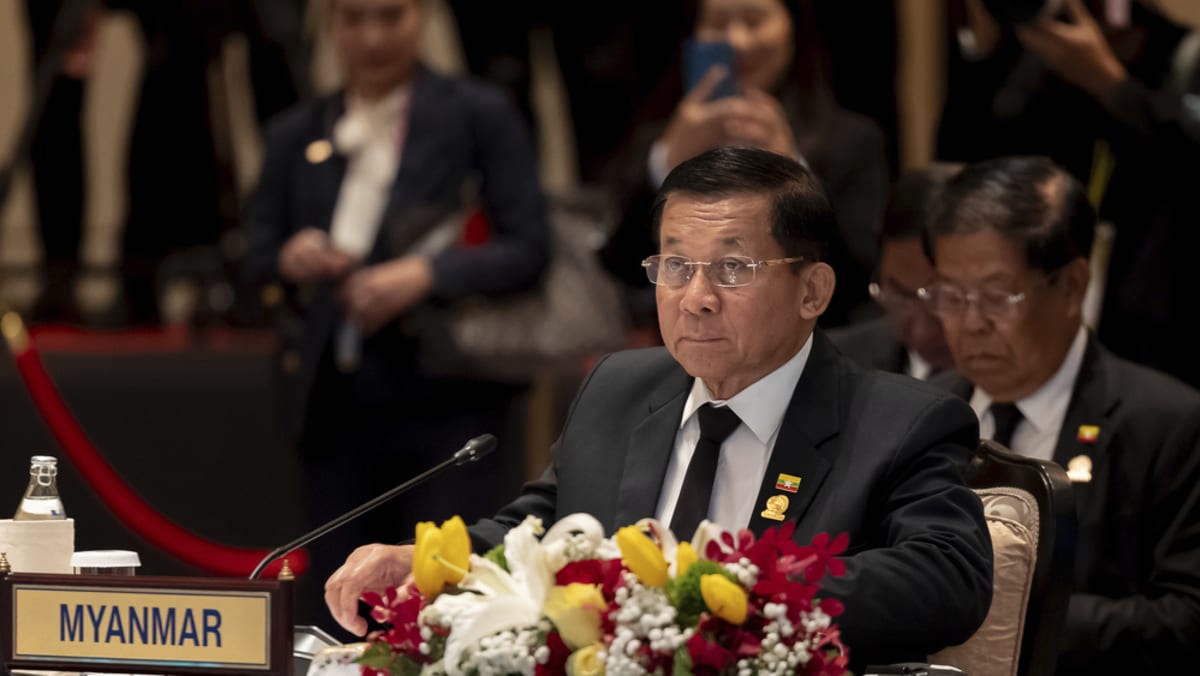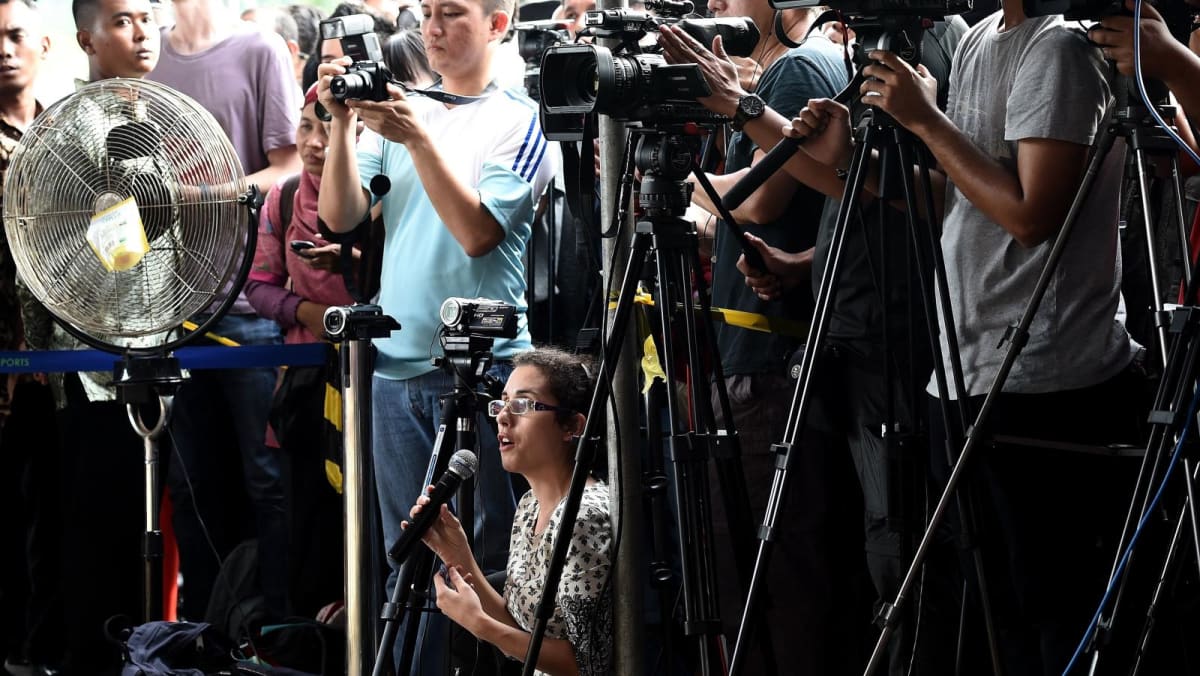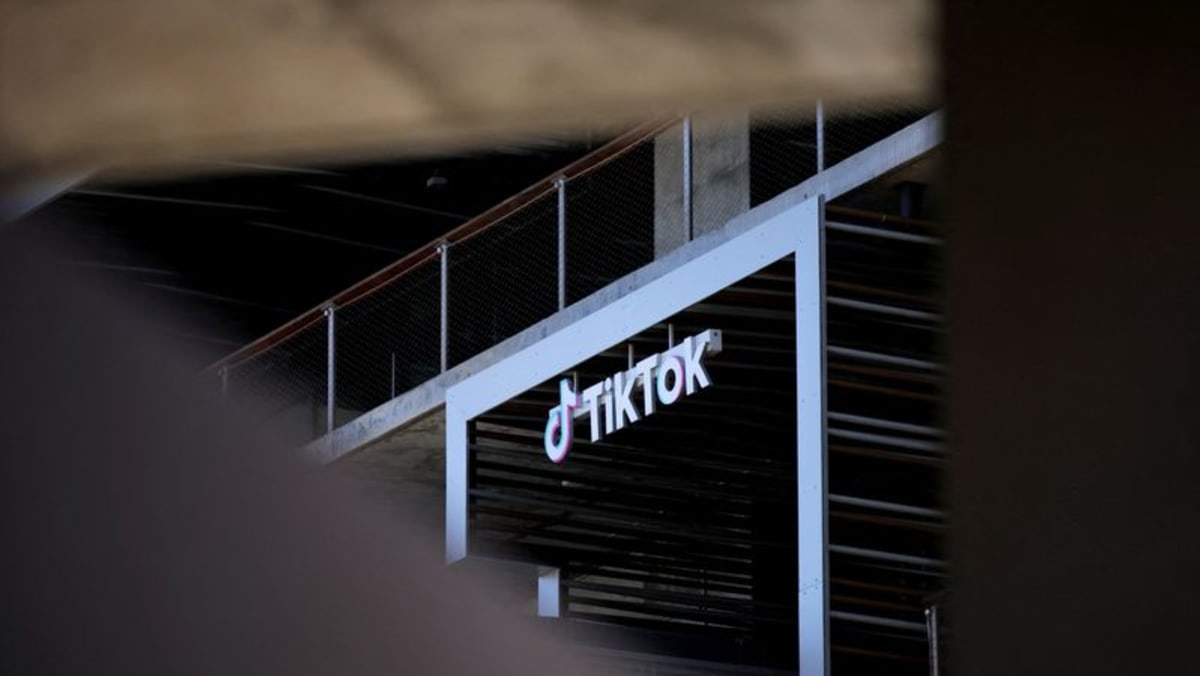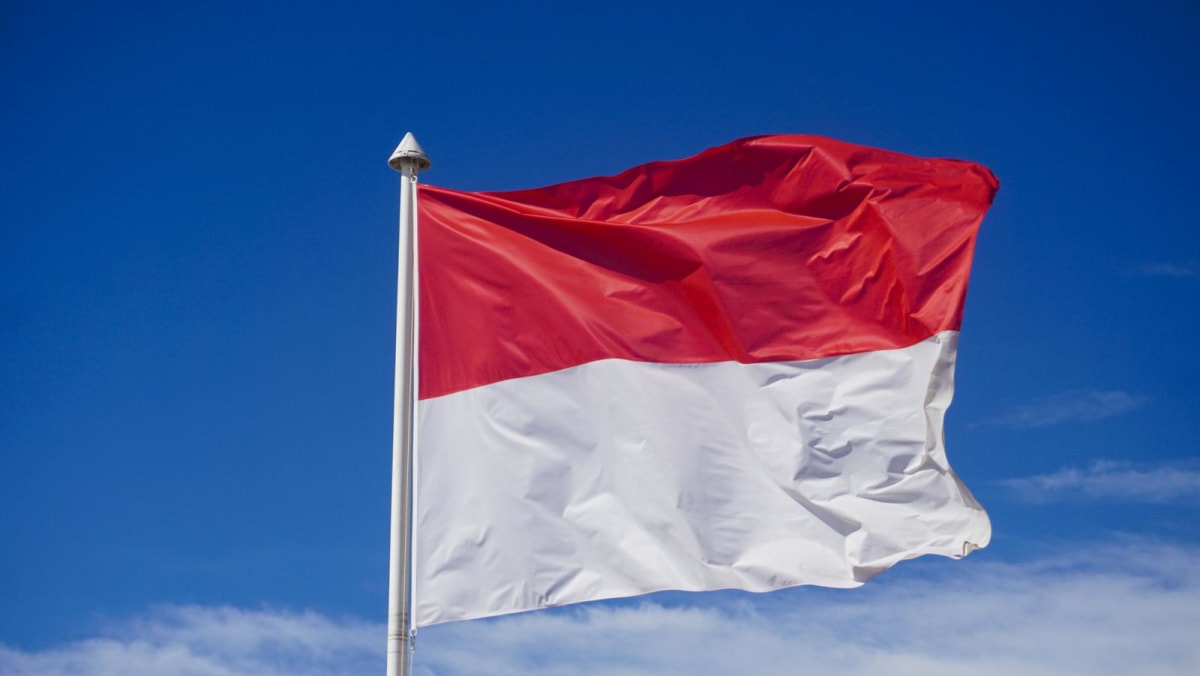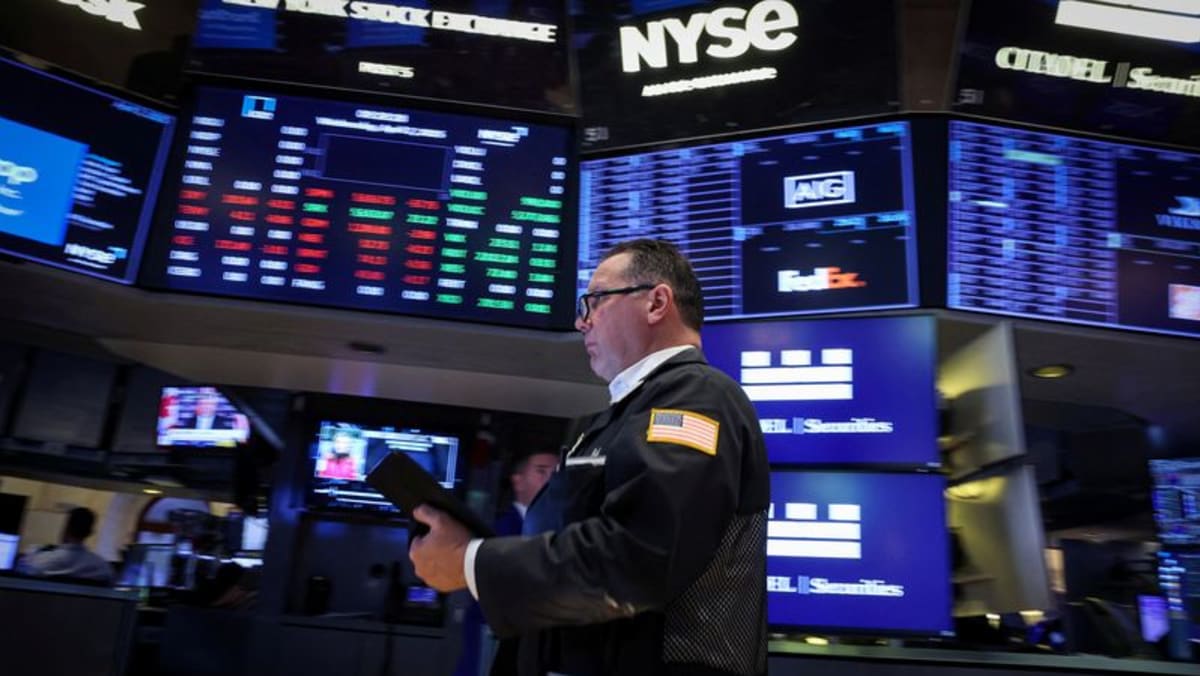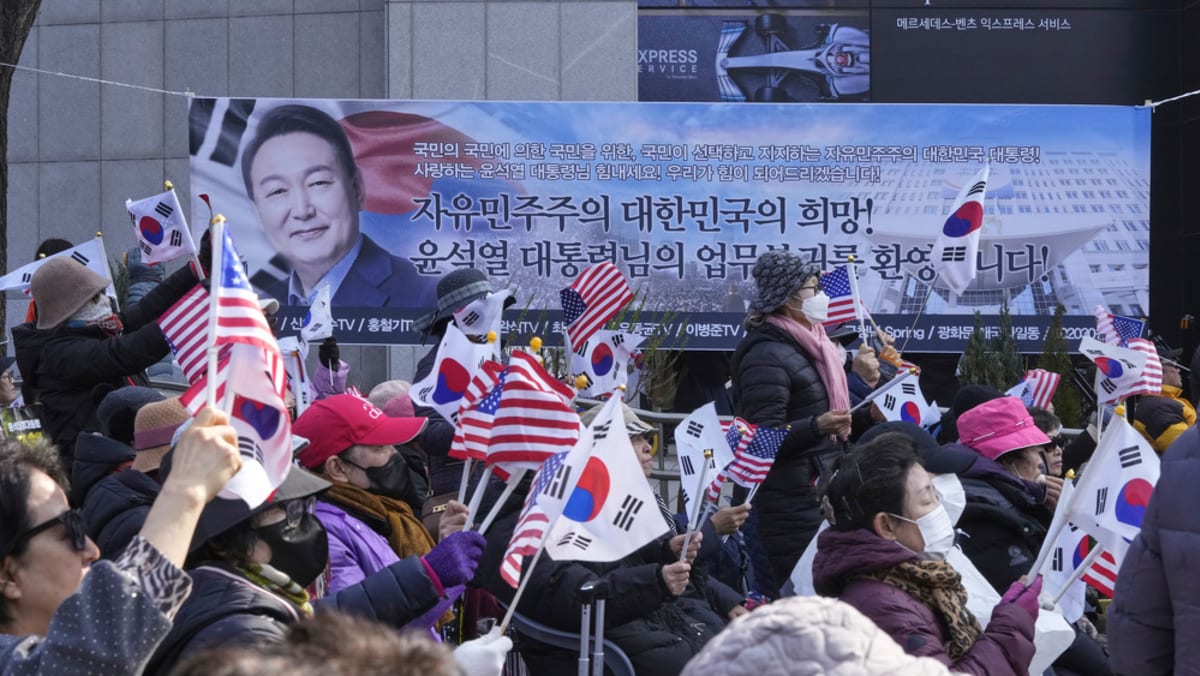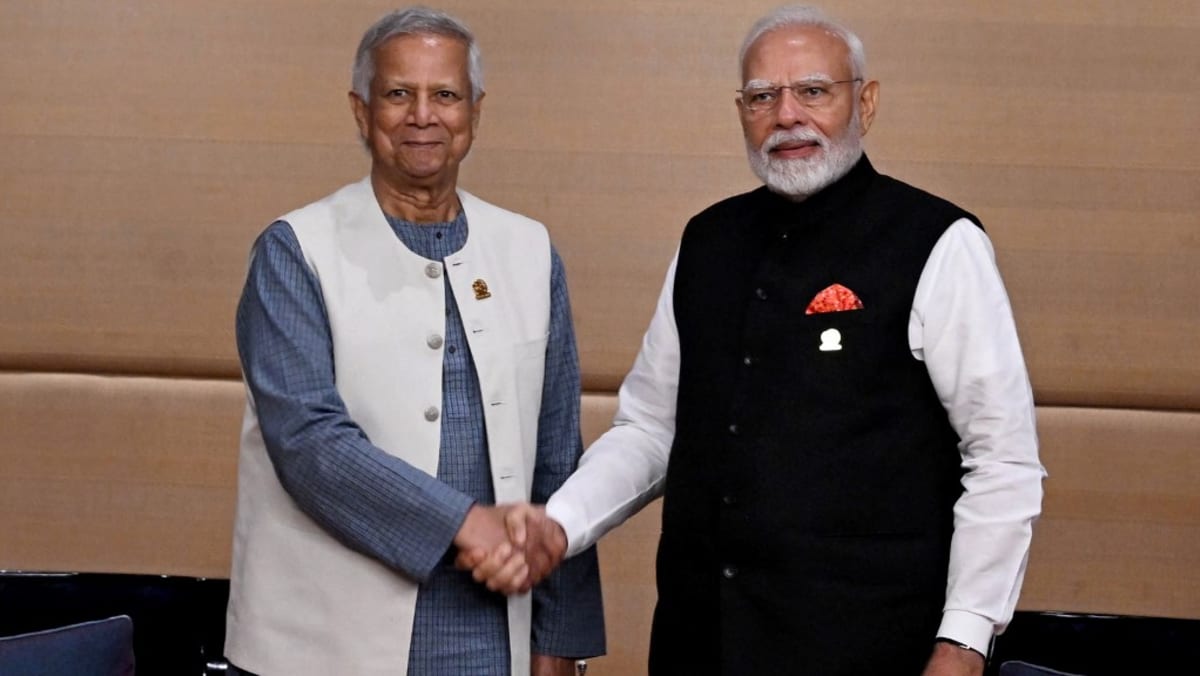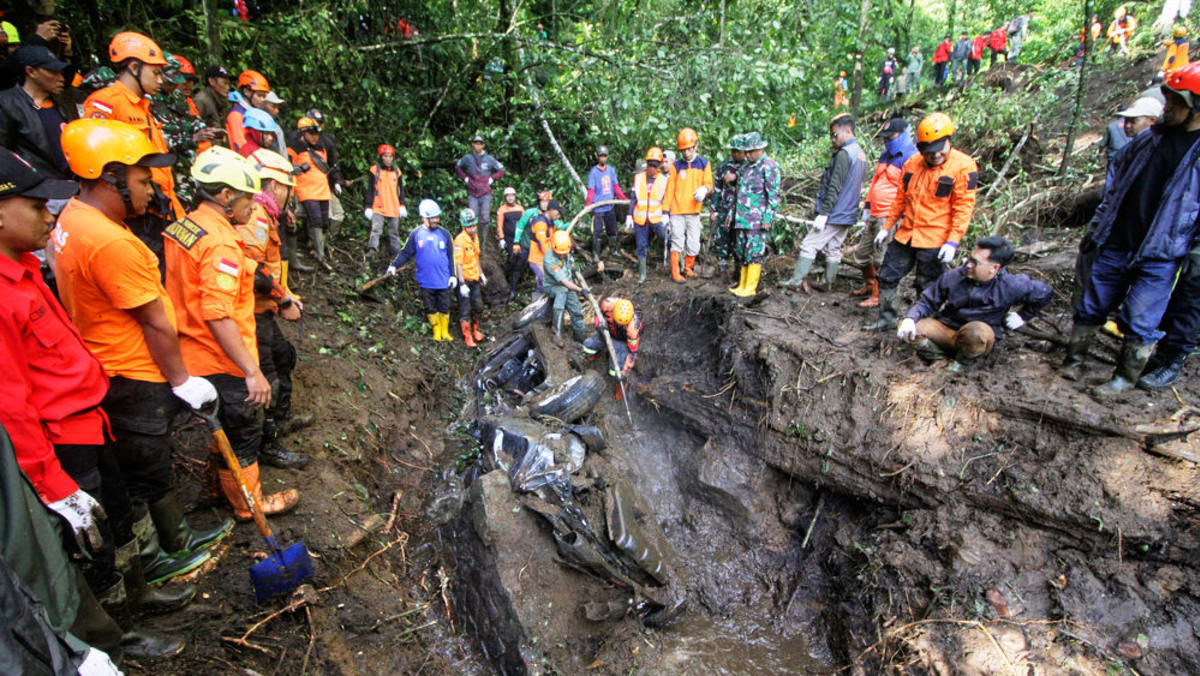The solution may end up largely being within Southeast Asia itself, he suggested, contending that the impact of trade barriers to the US could in time be supplemented by a rise in intra-ASEAN trade, coupled with more investments within the broader ASEAN+6 group, which includes China, Japan, South Korea, Australia, New Zealand and India.
“I think (the industry in Southeast Asia) can weather the storm to some extent,” he said. “In the long term, we think it may not be so bad.”
He expected more investment from countries such as China in the regional automotive industry because it wants “to rely more on the regional value chain rather than the US market”.
“For Japan, I think they will not withdraw their investments very easily, because right now they need to make sure that their investment is something controllable and ASEAN is like a backyard of Japan.
“You can also see more and more investment by the Korean automotive sector in ASEAN too, especially Vietnam and Indonesia. That’s going to increase over time,” he said.
Hyundai has invested US$415 million in Vietnam and employs about 2,300 people, with annual revenues of around US$2.6 billion.
International businesses serving the auto industry with presence in Southeast Asia, like Desoutter Industrial Tools, are already trying to chart a course where they no longer have dependence on the American market.
But they are “hesitating” about where and when to invest given the pace and unpredictability of Trump’s policy-making, according to Glenn Heed, the global business manager for the motor vehicle industry at Desoutter, which provides automotive assembly tools and process control technologies to major carmakers around the world. It has operations in Thailand, Malaysia, Indonesia and Vietnam.
“The economy is breaking or slowing down just because of the uncertainty,” Heed said. “Of course, I’m worried. But this affects everyone. It’s how agile you are. What kind of decisions are you taking? I do think it’ll be like this for a long time, so we are trying to change the way we see the world,” he said.
Importantly, he sees the “possibility to increase partnerships with neighbours and other parts of the world”, and drive the rise of “local for local” production.
“Over a long time, I think it could be a positive thing for the rest of the world.”
But Archanun cautioned that a self-serving strategy in Southeast Asia alone could not fill the gap for companies losing out on American business.
He forecasted that demand for durable goods like vehicles would drop in the months to come given the broader economic shocks expected following the tariffs introduced to countries all around the world.
That could lead to strong competition among automakers facing constrained consumer demand in this region.
“The cake will be smaller. They will have to fight very fiercely in this market,” he said.
